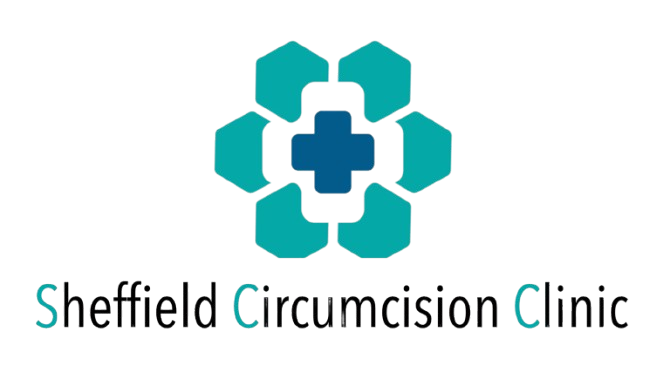When welcoming a newborn into the world, parents make a multitude of decisions regarding their child’s health and well-being. One of the most common procedures performed on newborn boys is circumcision. Understanding what circumcision involves and why it may be beneficial can help parents make an informed decision.

What is Newborn Circumcision?
Circumcision involves the surgical removal of the foreskin from the head of the penis. This is typically done in newborns and is considered a safe procedure when performed by a skilled medical professional. The process is relatively quick and performed under local anesthesia to minimize discomfort for the baby.
Why Do Parents Choose Circumcision for Their Newborns?
Parents opt for circumcision for various reasons, including:
-
- Health Benefits: Studies suggest circumcision reduces the risk of urinary tract infections (UTIs), as well as certain types of infections and conditions like phimosis or balanitis.
-
- Hygiene: Circumcision can make it easier to maintain proper hygiene, helping to prevent infections that can arise from moisture trapped under the foreskin.
-
- Cultural and Religious Beliefs: Many families choose circumcision as part of cultural or religious practices, which have been followed for generations.
It’s essential to consult with your doctor to ensure that circumcision is the right choice for your child based on their health and your family’s values.
Part 2: Finding the Right Newborn Circumcision Clinic—What to Expect
Once you’ve made the decision to circumcise your newborn, selecting a reputable clinic is the next important step. A trusted, professional clinic will ensure that the procedure is done safely, with minimal discomfort for your baby.
What Should You Look for in a Newborn Circumcision Clinic?
-
- Experienced Medical Professionals: Ensure the clinic has qualified pediatricians or surgeons who specialize in circumcision and have experience working with newborns.
-
- Accreditation and Regulatory Compliance: The clinic should be registered with health organizations like the Care Quality Commission (CQC) to guarantee that it follows the highest standards of care.
-
- Personalized Care and Aftercare: A clinic should offer personalized care for both the baby and parents, providing a reassuring environment. Aftercare is crucial, so ensure the clinic offers 24/7 support if you have questions or concerns.
-
- Hygiene and Safety Standards: Look for a clinic that maintains strict hygiene standards and uses modern equipment to ensure a safe and sterile environment during the procedure.
What to Expect During the Procedure
Newborn circumcision is a quick procedure that typically takes only a few minutes. The baby will be given a local anesthetic to numb the area, ensuring no pain during the operation. After the procedure, parents can usually take their baby home the same day.
Aftercare and Recovery
After circumcision, the baby will need proper care to ensure smooth healing. The clinic should provide detailed aftercare instructions, including how to clean the area and signs of any potential complications. Most newborns recover quickly, and regular check-ups can help ensure the healing process is progressing well.
Conclusion
Circumcision is a decision many parents face, and choosing the right clinic is crucial for ensuring the procedure is done safely and effectively. With the right clinic, you can be confident that your baby will receive the best care during and after the procedure.



